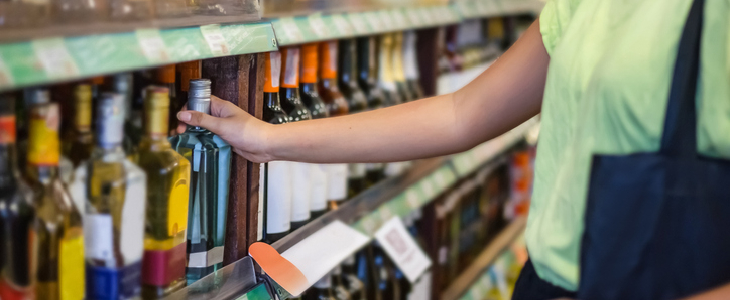Dram shop laws pertain to the liability of bars, clubs, liquor stores, and other commercial establishments in cases where they have served alcohol to visibly intoxicated persons or minors who subsequently cause injury or damage. Under these laws, if such establishments knowingly serve alcohol to someone who is clearly drunk or if they unlawfully provide alcohol to a minor, they can be held legally accountable for any harm that results from the intoxicated or underage person’s actions. This legislation aims to reduce alcohol-related accidents and injuries by encouraging responsible serving practices.
Some states have separate statutes for dram shop and social host liability. Georgia, however, combines both theories of liability into a single statutory scheme, regardless of whether the alcohol provider is a business or a private individual. Under Georgia’s Dram Shop Act, a company or individual who knowingly serves alcohol to a visibly intoxicated person, who then causes injury or damage, can be held liable. In addition, this law applies to hosts or individuals who serve alcohol in a non-commercial setting, like a private party. In Georgia, the scope of social host liability is generally more limited than the liability of commercial establishments. The law may hold a social host liable if they knowingly serve alcohol to a minor who then causes harm. However, serving alcohol to an intoxicated adult who then causes harm typically may sometimes not result in social host liability in Georgia.
Georgia’s dram shop laws are outlined under the Official Code of Georgia Annotated (O.C.G.A.), specifically within sections 51-1-40. Here is a detailed discussion of the dram shop laws in Georgia:
- Basis of Liability: In Georgia, the Dram Shop Act provides a basis for liability when two primary conditions are met:
- Service to a Visibly Intoxicated Person: An establishment can be held liable if it knowingly, willfully, and unlawfully serves, sells, or furnishes alcoholic beverages to a person who is in a state of noticeable intoxication.
- Service to Minors: The law also applies if alcohol is provided to a person who is not of the legal drinking age. This includes selling, furnishing, or allowing the consumption of alcohol by an individual under the age of 21.
- Proving Liability: To establish liability under Georgia’s dram shop laws, the plaintiff must prove that the provider of alcohol (defendant) was aware or should have been aware that the person being served was visibly intoxicated or under the legal drinking age. Also, generally it must be shown that the defendant knew that the intoxicated or underage person would soon be driving a motor vehicle or otherwise taking actions that could cause harm.
The injury or damage caused by the intoxicated or underage individual was a direct result of their impaired state, which was caused by the alcohol served by the defendant. - Exceptions and Defenses: There are certain defenses and exceptions to the dram shop laws in Georgia:
- Lack of Knowledge: If the establishment did not have actual knowledge that the individual was visibly intoxicated or underage, it might not be held liable.
- Contribution of the Victim: In cases where the injured party contributed to their own harm (for example, by voluntarily consuming alcohol), this may reduce or eliminate the liability of the establishment.
- Safe Harbor Laws: Georgia has specific provisions that allow establishments to reduce their liability if they follow particular training procedures and practices related to the responsible service of alcohol.
Dram shop laws in Georgia strive to reduce alcohol-related accidents and injuries by encouraging establishments to act responsibly when serving alcohol. However, critics of these laws argue that the laws can place an undue burden on businesses and may lead to frivolous lawsuits. Supporters contend that they are essential for public safety and for holding those who profit from the sale of alcohol accountable for their role in contributing to alcohol-related harms.
The compensation you can recover in a civil dram shop claim parallels the types of damages available in other personal injury claims depending on the severity of your injuries, the treatment you require, how much ongoing care you need, and other factors. Common damages in Georgia civil suits include 1) medical bills, 2) ongoing care costs, 3) property damage, 4) lost wages, 5) limited income caused by disability, and 6) pain and suffering.
If a drunk driving incident results in a fatality, the family of the deceased may file a wrongful death claim. Compensation can include medical and funeral expenses, lost future earnings, and the full value of the life of the deceased person.
Takeaway
Georgia’s dram shop laws reflect an effort to balance the interests of public safety with the responsibilities of alcohol-serving establishments. They provide a means for individuals injured by intoxicated or underage drinkers to seek damages from the establishments that served them. Like all legal provisions, they are subject to interpretation and change. Gautreaux Law LLC has attorneys highly experienced in representing individuals who have been victims of drunk driving accidents. We can advocate for you to make sure the responsible party is held accountable for their actions, whether it be solely the driver of the vehicle, or the establishment (or individual host) who served the defendant. Contact our office for an initial complimentary consultation.



